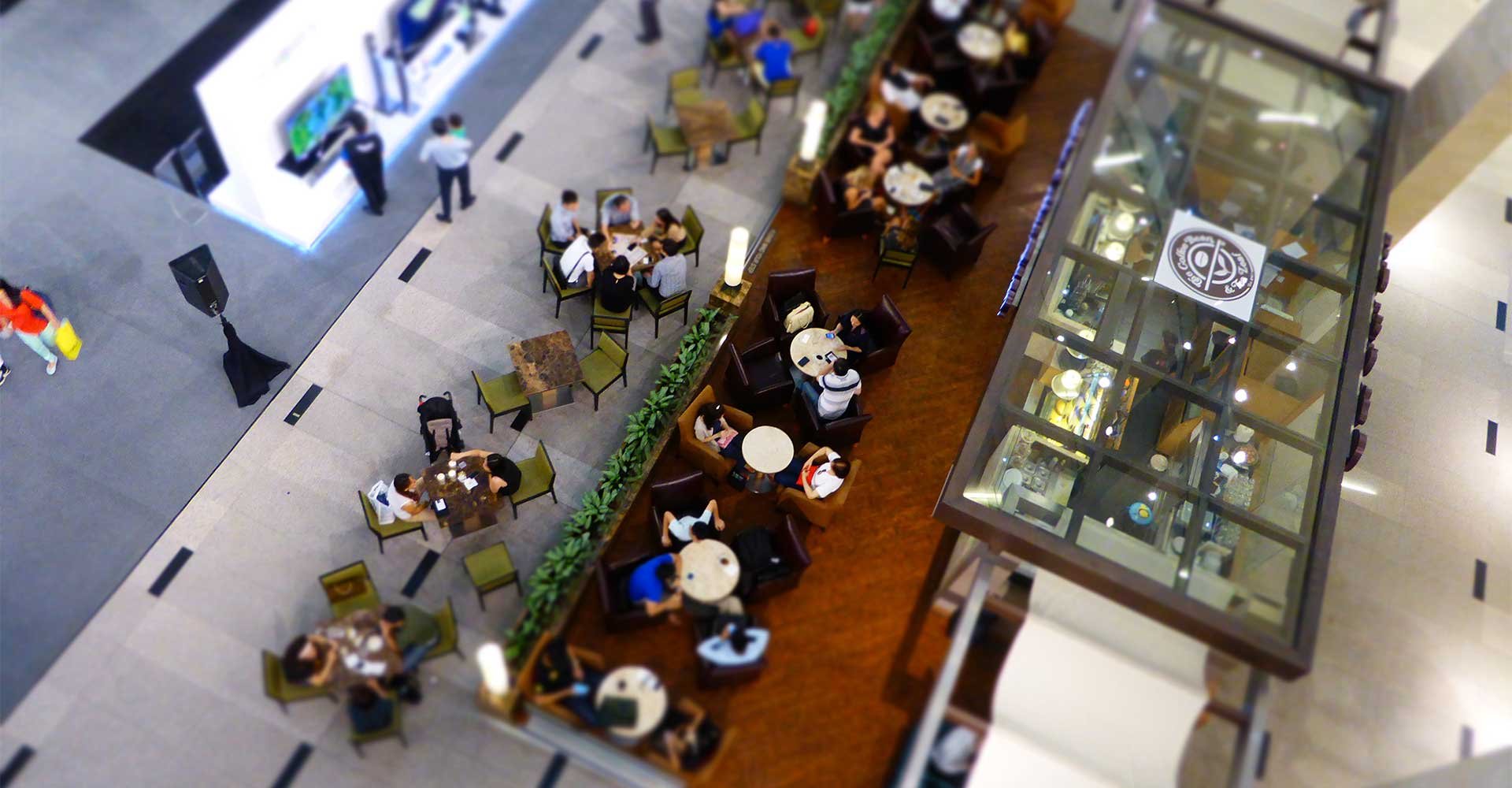
A consumer electronics company
Alzheimer’s patients often struggle with cognitive decline, leading to disorientation, anxiety, and reduced mobility. Traditional rehabilitation methods, while effective to an extent, lacked the immersive engagement needed to motivate patients to practice movements and cognitive tasks consistently.
The client aimed to develop a mentally stimulating game designed for aging Alzheimer’s patients, many of whom had limited exposure to technology or gaming. The challenge was to create an intuitive and accessible platform that would motivate users daily, reinforce cognitive skills, and encourage movement—all within a format that did not feel intimidating or complex.
Datamatics collaborated with physicians and specialists to gain deep insights into the disease and rehabilitation process. Based on these findings, Datamatics designed and developed a VR-based solution that transformed occupational therapy into an engaging and interactive experience.
Engagement and improvement in patient motivation, social interaction, and learning process
In the wider circles of patients’ kin triggering lead generation cycles.
To millions of patients suffering from Alzheimer’s disease
Feedback response to assess patient progress
Just fill out this form to download the case study.
Datamatics is a Digital Technologies, Operations, and Experiences company that enables enterprises to go Deep in Digital to boost their productivity, customer experience and competitive advantage.